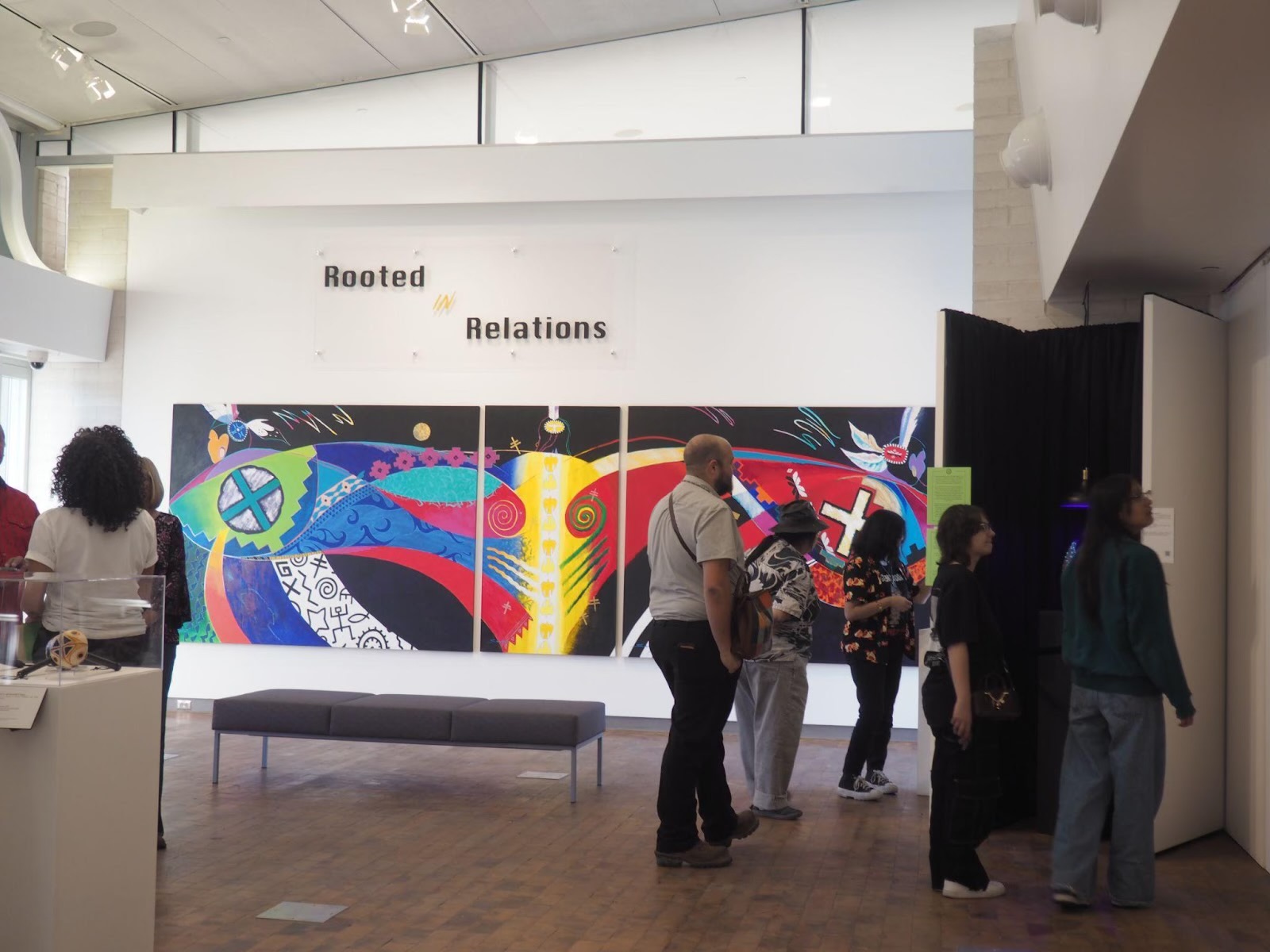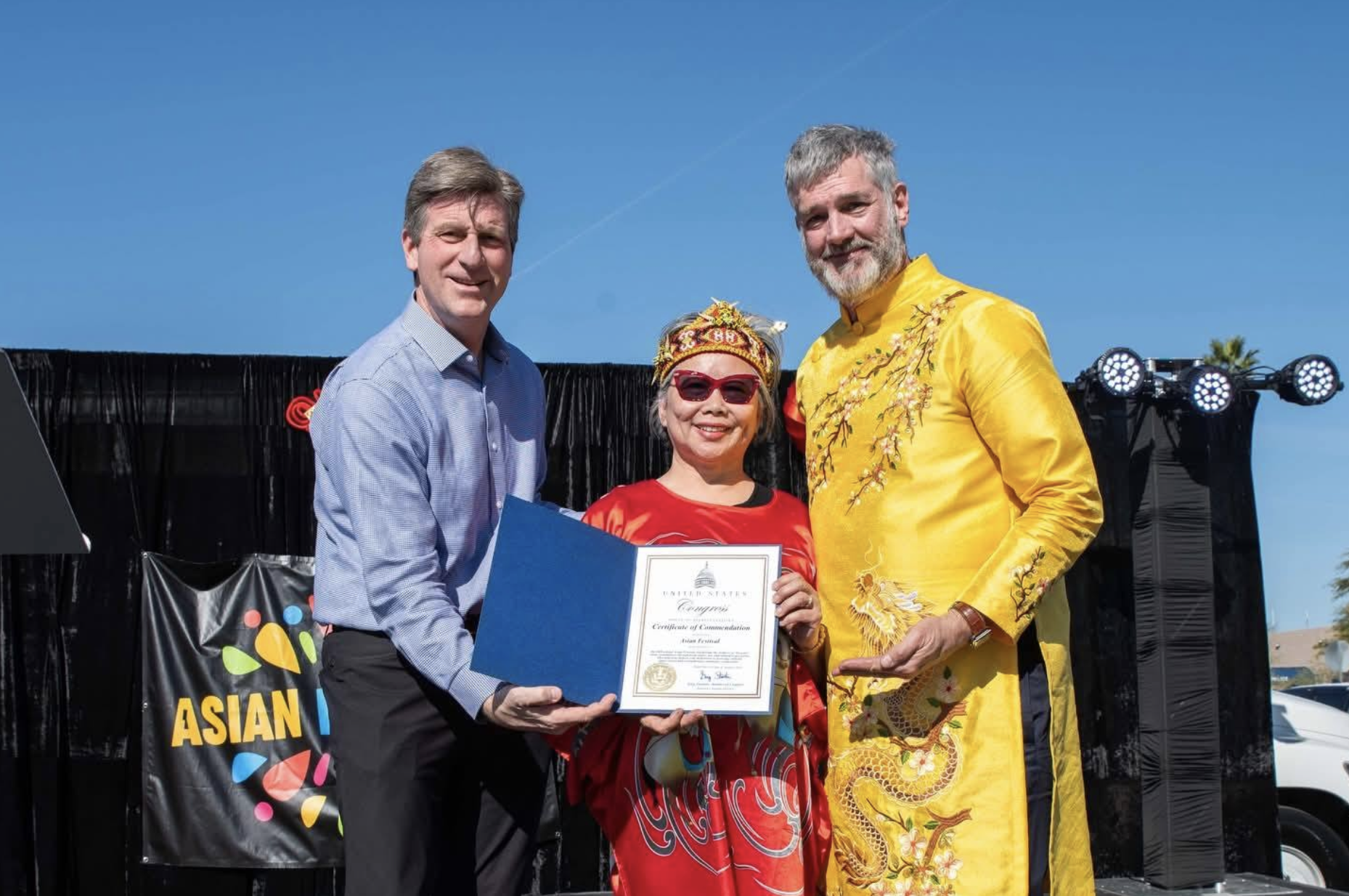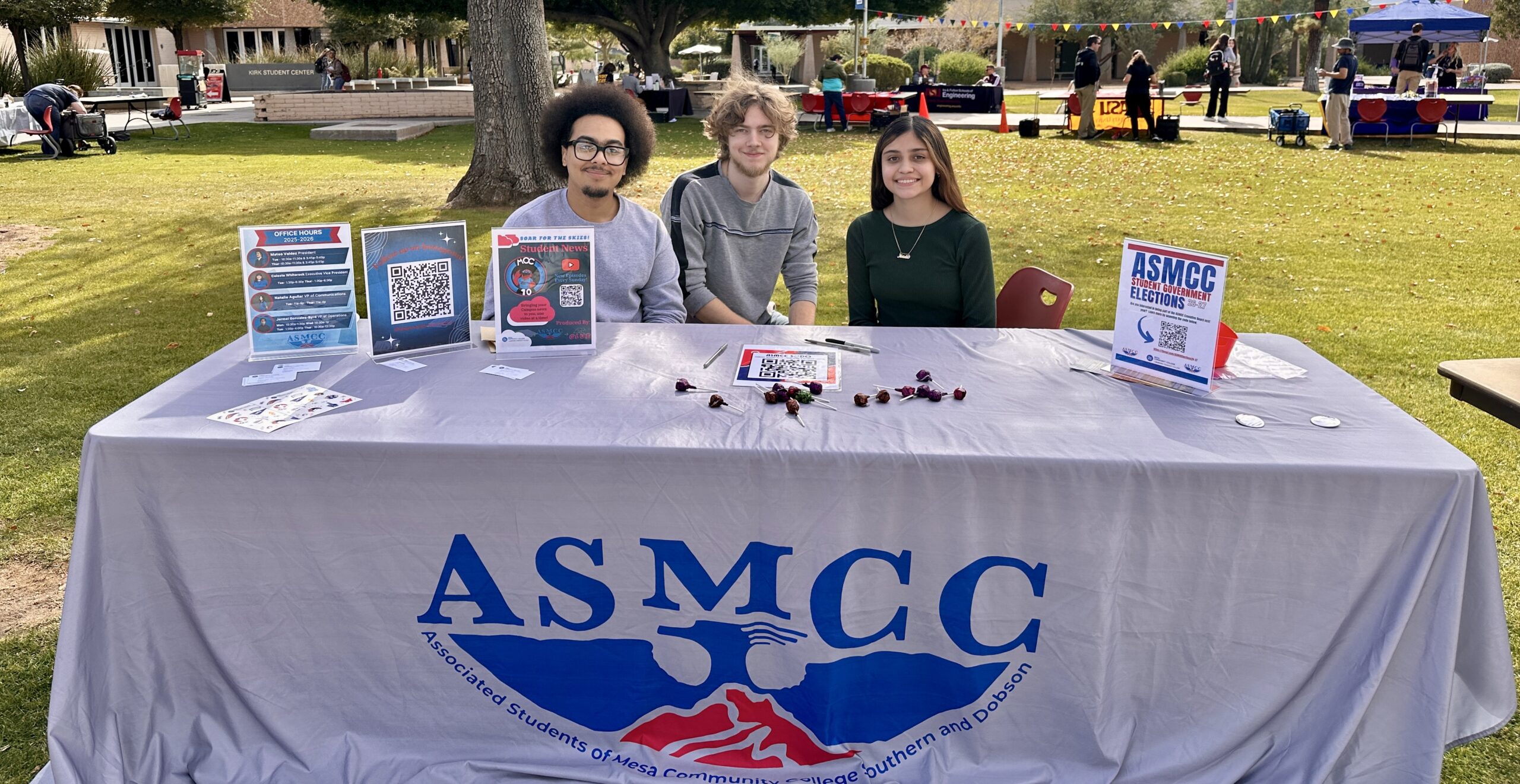Unsubstantiated claims of election fraud circulate once more
Following the recent midterm elections that saw Democrats Katie Hobbs and Mark Kelly elected over Trump-endorsed Republicans Kari Lake and Blake Masters, claims of election fraud began to re-circulate.
These claims, initially perpetuated by former President Donald Trump after losing the 2020 presidential election, once again became a focal point for many Republican officials that felt as though the election had been stolen from them.
Trump began to share a variety of election fraud related content through his social media outlet Truth Social.
“Idiot, and possibly corrupt, officials have lost control of the tainted election in Arizona,” the former president shared. “A NEW ELECTION MUST BE CALLED FOR IMMEDIATELY.”
Kari Lake, the Republican candidate for Governor of Arizona, echoed these claims on her Twitter account.
Both Lake and Trump have shared pictures and videos to their respective pages that follow these unsubstantiated claims.
Despite their insistence however, studies have found that election fraud rarely occurs.
In a study conducted by Lorraine Minnite, a political scientist and professor at Rutgers University-Camden, Minnite finds that election fraud is not a widespread phenomenon, and is instead a series of isolated incidents that are oftentimes resolved without issue.
Minnite also stated that the targets of election fraud claims are often those that have been historically disenfranchised.
“Fraud allegations typically point the finger at those belonging to the same categories of voters accused of fraud in the past – the marginalized and formerly disenfranchised, urban dwellers, immigrants, blacks, and lower status voters,” stated Minnite. “The alleged culprits are mostly found among those still struggling for full inclusion in American life. This makes them suspect.”
Minnite argued that claims of voter fraud often rely on the notion that law enforcement has not effectively handled the issue.
“It is difficult to conceive of whole categories of criminal behavior that go almost completely undetected or ignored by law enforcement officials at all levels of government across the U.S. today,” Minnite said. “And yet, those who believe there is a lot of voter fraud despite the lack of evidence frequently fall back on this argument.”
The notion that American democracy can be so easily manipulated by seemingly unknown actors, despite legitimate evidence to back it, is not one that should be taken lightly.
After Trump’s loss of the presidential election, claims of election fraud were taken seriously by his supporters. So serious, in fact, that many stormed the U.S. capitol in an attempt to overturn the election during the now infamous “capitol riots”.
Rather than accept the results of a legitimate electoral process, many have felt as though their candidate has lost due to the manipulation of votes.
These claims, like other unfounded conspiracy theories, need to be combated and met with fact-based evidence.
It is important to recognize that, ultimately, election fraud is not a phenomenon that occurs frequently, and is an anomaly that affects a very small percentage of voters.
Though it can be difficult to face defeat in an electoral system that can leave half of its voters feeling underrepresented, the need for logical evaluation of these processes and their outcomes remains imperative.
Through the perpetuation of election fraud claims, American democracy becomes an institution that can be disregarded when the outcome does not match one’s expectations.











